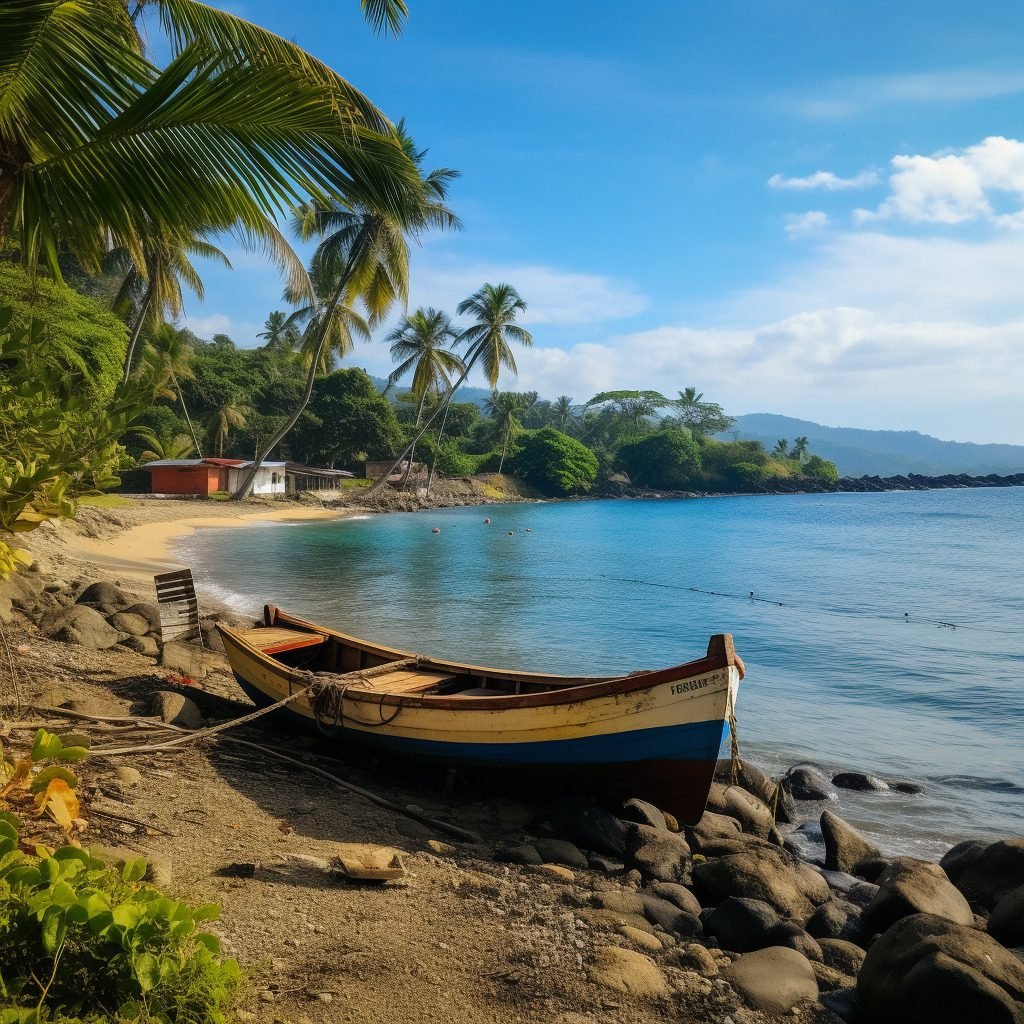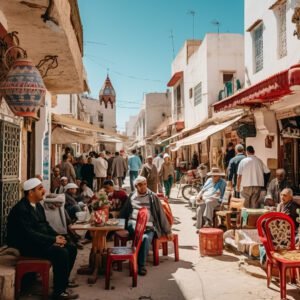Sao Tome and Principe: Customs and Rules
Introduction
When traveling to a new country, it’s essential to understand and respect the rules and cultural norms of the place. Not only does it ensure a smooth and enjoyable experience, but it also helps foster positive interactions with the locals. In this article, we will explore some of the key rules and cultural norms of Sao Tome and Principe, a stunning island nation located in Central Africa.
Key Elements
Element 1: Hospitality and Respect
Sao Tome and Principe is known for its warm and welcoming people. It is customary to greet locals with a warm smile and a handshake. Addressing people with respect, especially the elderly, is highly valued. Remember to use formal language when speaking to someone you just met, using titles like “Senhor” (Mr.) or “Senhora” (Mrs.).
Element 2: Dress Code
While Sao Tome and Principe has a generally relaxed atmosphere, it is important to dress modestly, especially when visiting religious sites. Revealing clothing, such as shorts, mini skirts, and sleeveless tops, should be avoided in these locations. It is recommended to carry a light jacket or shawl to cover shoulders if needed.
Element 3: Punctuality
In Sao Tome and Principe, time is seen as a more flexible concept compared to other countries. However, it is still considered respectful to be punctual for business meetings and appointments. While delays are common, it is polite to inform the concerned parties in advance if you are running late.
Element 4: Handshakes and Gestures
Handshakes are the usual form of greeting in Sao Tome and Principe. Maintain eye contact while shaking hands, and in more informal settings, a pat on the back or a light embrace may occur between friends or acquaintances. It is important to note that pointing with the index finger is considered rude; instead, use your thumb or your entire hand to indicate something or someone.
Element 5: Cultural Sensitivity
Sao Tome and Principe has a rich cultural heritage, influenced by African, Portuguese, and indigenous traditions. It is crucial to be respectful and sensitive to cultural differences. Avoid discussing sensitive topics like politics or religion unless the locals initiate the conversation. Show interest in the local customs and traditions and ask for permission before taking photographs of people or cultural events.
Element 6: Nature Conservation
Sao Tome and Principe is blessed with stunning natural beauty, including lush rainforests and pristine beaches. It is necessary to respect the environment and follow sustainable tourism practices. Do not litter or damage the natural habitats. Avoid purchasing products made from endangered species or participating in activities that exploit animals.
Tips for Traveling
- Research and Plan: Before visiting Sao Tome and Principe, familiarize yourself with the local laws, customs, and travel requirements. Ensure you have all the necessary documentation such as a valid passport, visa (if required), and proof of accommodation.
Language: While Portuguese is the official language, many locals also speak Forro, Angolar, and Lunguie. Learning a few basic phrases in Portuguese can go a long way in helping you communicate with the locals.
Transportation: Public transportation in Sao Tome and Principe can be limited, so it is advisable to hire a car or arrange private transportation for traveling around the islands. Be cautious while driving, as some roads may be poorly maintained or have limited signage.
Health and Safety: Sao Tome and Principe is a relatively safe destination, but it’s always important to take necessary precautions. Stay updated on travel advisories and ensure you are vaccinated against common diseases. It is recommended to drink bottled water and use mosquito repellent to prevent mosquito-borne illnesses.
Currency: The official currency of Sao Tome and Principe is the Dobra (Db). While credit cards are accepted in some hotels and restaurants, it is advisable to carry cash, especially when visiting smaller establishments or shopping in local markets.
Local Cuisine: Don’t miss the opportunity to indulge in the delicious local cuisine of Sao Tome and Principe. Try dishes like Calulu (a traditional fish stew), Muamba de Galinha (chicken in palm oil), and Sopa de Feijao (bean soup). Be open to trying new flavors and support local restaurants and food vendors.
Disclaimer
The information provided in this article is for informational purposes only. While we strive to ensure accuracy, regulations, laws, and cultural norms can change over time. It is always advisable to seek professional advice or consult the official sources and government websites of Sao Tome and Principe before traveling.



